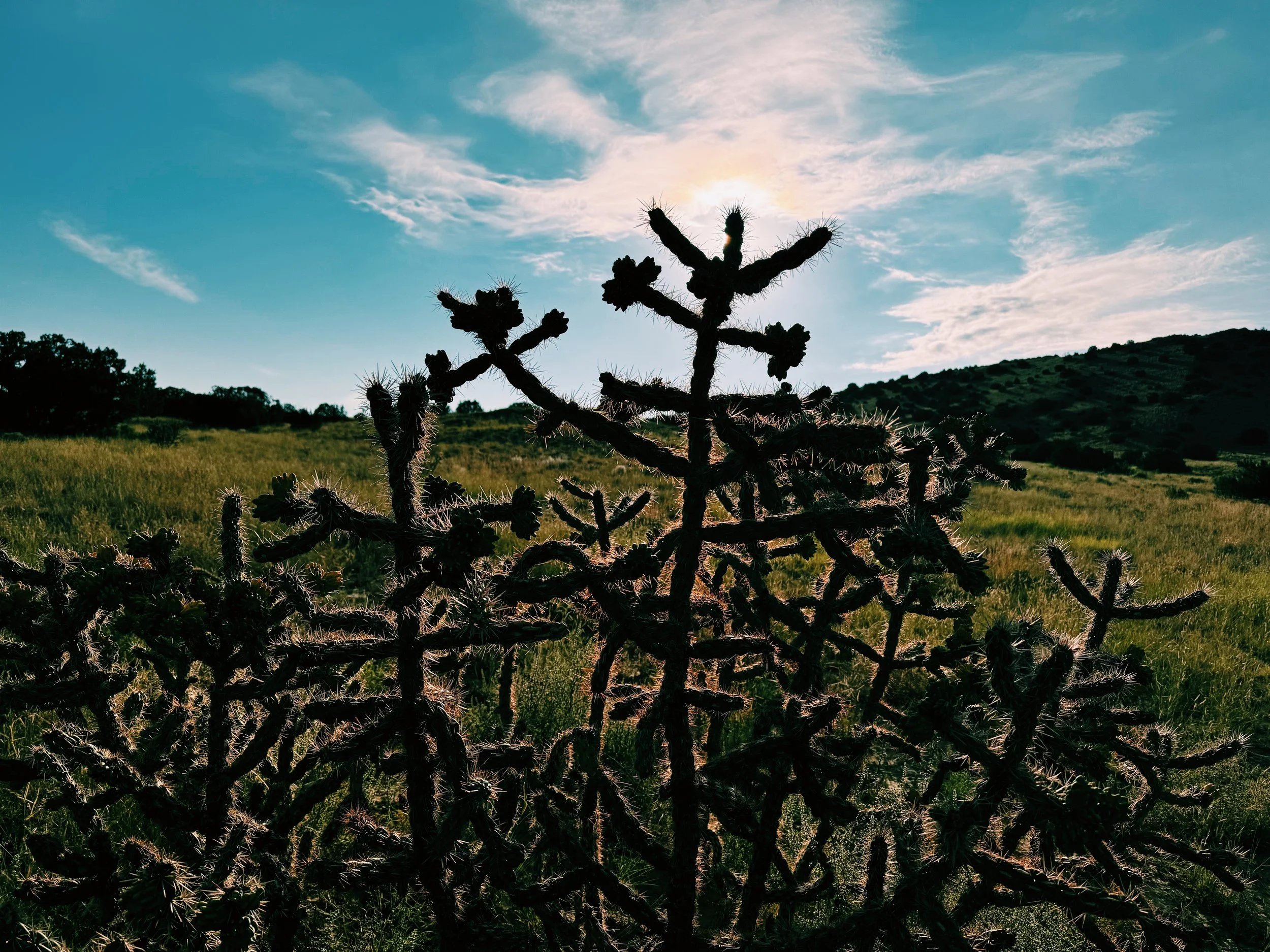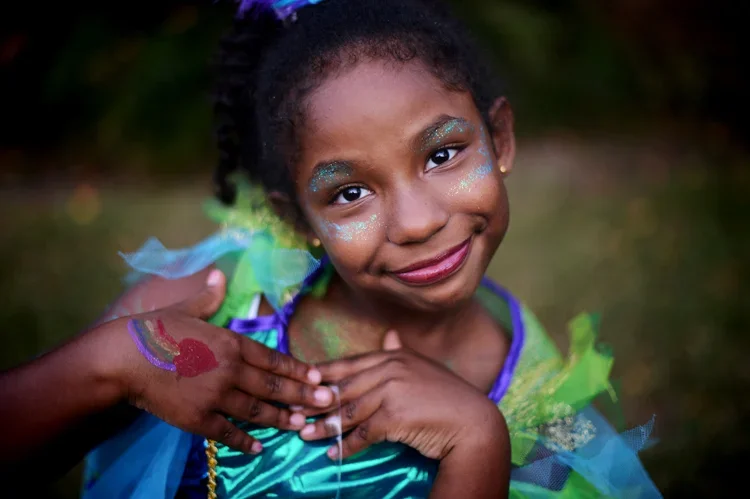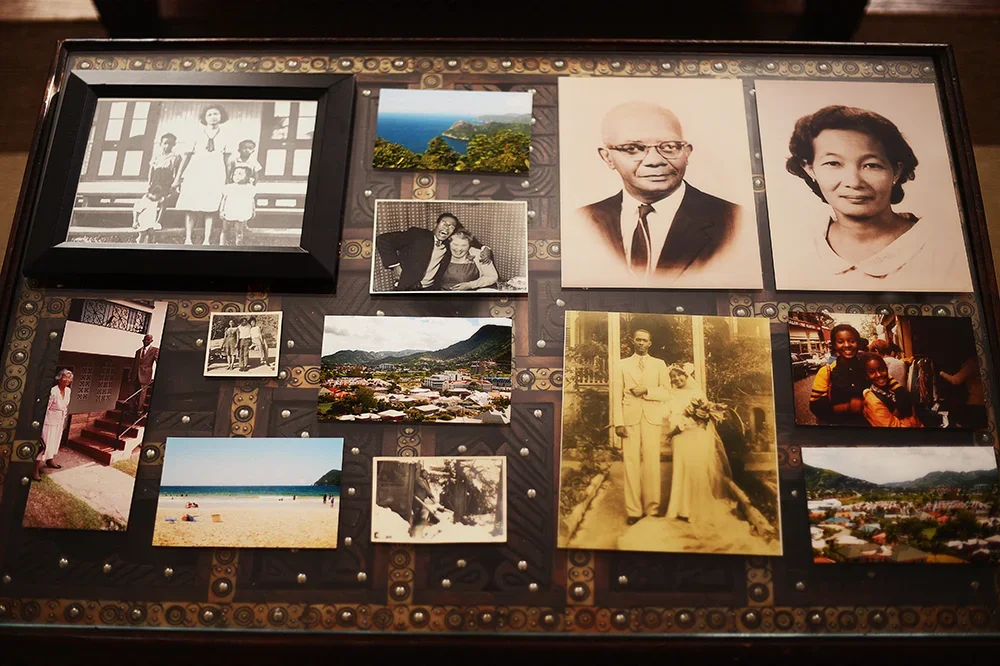some thoughts on black history month
I’ve been thinking about Black History Month a lot over the past few days, and honestly, many of my thoughts have been uncharitable. This isn’t because it’s wildly insulting that the month has really become a tool of capitalism, where organizations that poorly treat their employees who are of colour and/or who are otherwise disenfranchised try to convince us all to spend money on their products because, “Hey, we love Black folks!” (although it is). Also, it’s not because it’s offensive that Black History Month in America feels like a deeply insincere panacea, when Black folks are baselessly killed and incarcerated by the U.S. government at disproportionally higher rates than other races (although it is). No, the reason that I’m feeling particularly disillusioned by Black History Month this year is because in my experience, the month seems to engage in a conversation about Black folks and “Black culture” only on an extremely superficial level, without delving into the deep and rich truth of what it means to be Black on this planet.
By which I mean: here in America, “Black culture” is often referred to as this monolithic experience, as if being a Black New Yorker is the same as being a Black Houstonian, which is the same as being a Black Los Angelino which is the same as being a Black Nebraskan. And it isn’t. It could never be. And when you leave the United States, things get even more diverse: being a Black Canadian isn’t the same as being a Black American, which isn’t the same as being a Black Mexican. Despite what many outside the Caribbean might believe, being a Jamaican isn’t the same as being Trinidadian, or Bahamian, or St. Crucian, or Barbadian or Puerto Rican. Despite superficial commonalities, each of these cultures has deeply individual history and context. And dismissing these histories and contextual stories is the reason that so many people think of Africa as a “country,” failing to understand that a Ghanaian isn’t the same as a Nigerian or an Ethiopian or a South African or an Egyptian or a Zimbabwean. Because how could they ever be?
That is not to say, of course, that I think that Black History Month should be abandoned — far from it; in this case, something is way better than nothing. But it is my deepest wish that if someone becomes curious about the various notable Black leaders of the world, they do what they can to learn more about who they were, in addition to what they did. That they come to understand how Martin Luther King Jr. (American born) is different from Malcolm X (American born, Grenadian mother) is different from Stokely Carmichael (Trinidadian born, American immigrant), is different from Nelson Mandela (South African) — and how those differences might have informed their work. That the same is true about Black artists: how Maya Angelou (American) is different from Derek Walcott (St. Lucian) is different from Octavia Butler (American ) is different from Marcus Garvey (Jamaican). How Grace Jones (Jamaican) is different from Jimi Hendrix (American) is different from Wyclef Jean (Haitian) is different from Fela Kuti (Nigerian). Because these differences — their stories and their cultures and their histories — matter.
There’s a wonderful TED talk by the great Nigerian author, Chimamanda Ngozi Adichie, titled “The Danger of a Single Story” — I encourage everyone I can to watch it, because she explains what I’m talking about far more eloquently than I’m able to. (Seriously, if you haven’t watched it, go do so, and then come back — it’s really so good.) But my point is that I worry that Black History Month — as it is currently celebrated in America — encourages people to fall deeper into their single stories about Black folks, rather than challenging them. That when we only hear superficial stories about a group of people, we fail to learn about the depth and breadth and diverse beauty of those people, to all of our detriments.
And as you all know by now, I believe deeply in the beauty of different.
“The consequence of the single story is this: It robs people of dignity. It makes our recognition of our equal humanity difficult. It emphasizes how we are different rather than how we are similar.”









